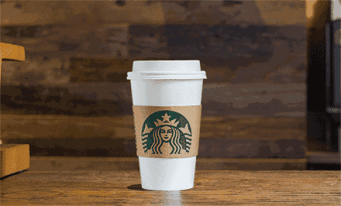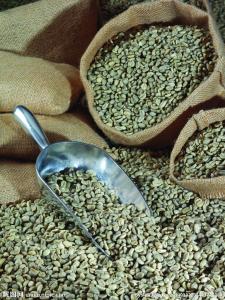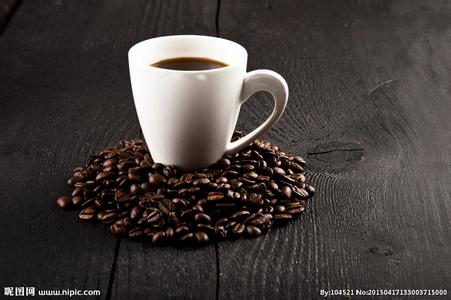Starbucks teahouses can no longer be opened, and they may only sell tea in cafes.
Teavana is a brand founded by a couple in 1997. They hire professional purchasing teams to buy high-quality tea from tea gardens around the world, tea merchants (including, of course, Chinese) at high prices, then mix them into special teas and sell them online and in brick-and-mortar stores. Before the Starbucks acquisition, Teavana had been selling its own assembled bulk tea, including China's Xihu Longjing Tea and Biluochun, focusing on tea combinations of flowers and fruits. Teavana's bulk tea sells for an average of 2 ounces (56 grams, 15 to 20 cups) between $7 and $10 in the United States. Currently, Teavana has 350 retail stores in the United States.
In November 2012, Starbucks bought Teavana, which is already listed on the New York Stock Exchange, for $620 million. At the time, Starbucks expected the market to reach $90 billion over the next five years. Then, according to the Starbucks model, Teavana no longer just sells tea. In November 2013, Teavana Fine Teas+Tea Bar, the first teahouse specializing in tea and light food, opened on the Upper East side of New York. This is a very Starbucks teahouse with Teavana logo above its head. Teavana started selling experiences. It wants you to drink tea and chat here. Starbucks hopes to make Teavana a lifestyle and a third space for people.
In stores, Teavana also sells specially blended teas, which seem to be a bit like lattes and caramel macchiato, which give them a new taste through different proportions. Secondly, Teavana is very particular about food. Here, you can eat croissants, macarons and some freshly baked goods.
Although Teavana teahouses offer a new tea-drinking experience, Starbucks is cautious about opening Teavana teahouses on a large scale compared to retail stores. In 27 months, only five stores have opened. Now its plan to keep only one store seems to suggest that this way of doing business will not work in the United States.
Although the teahouse business is not improving, Teavana's retail business is doing well. Teavana tea sold in Starbucks stores is also well received by coffee lovers. Fortune previously reported that Starbucks' business is growing at an annual rate of 15%, and 1% of the 7% increase in same-store sales in North America is driven by the tea business. At the results meeting in the middle of last year, Kevin Johnson, chief operating officer of Starbucks, said Teavana's iced shakes and lattes sold well.
It seems that people are more willing to buy a Teavana at Starbucks stores. No wonder Starbucks tends to integrate its tea business into its own coffee stores. For Starbucks itself, it also helps to boost its own same-store sales. In North America, the coffee chain is becoming more and more like a light-food restaurant, experimenting with dinners and alcoholic drinks last year to boost store sales.
In the Asian market, Starbucks seems to have higher expectations for Teavana. On January 8th, the company just announced that it would sell Teavana tea products in the Indian market, and the second step of the store opening plan is also in the pipeline. In China, Starbucks has decided to introduce Teavana handmade tea drinks to its stores in 2016.

Important Notice :
前街咖啡 FrontStreet Coffee has moved to new addredd:
FrontStreet Coffee Address: 315,Donghua East Road,GuangZhou
Tel:020 38364473
- Prev

Brazilian officials predict that this year will be a bumper harvest of coffee beans.
Dunkin Donuts said that they provide price advice to franchisees, but the final pricing is determined by individual franchisees. According to the report, the retail price of Starbucks' superstore coffee may be reduced, but it is impossible for the store to follow suit. Starbucks will only continue to raise prices in the future, and no matter how the price is adjusted, consumers are willing to pay in addition to the minimum wage pressure. there are also many markets.
- Next

China will gradually become a new engine to promote the development of the world coffee industry.
This cultural festival is sponsored by China-ASEAN Coffee Professional Cooperation Committee, China Coffee Engineering Research Center, Yunnan Coffee Industry Association, and Dehong Hougu Coffee Co., Ltd. Adhering to the concept of carrying forward Chinese coffee culture, promoting the development of Yunnan coffee industry and guiding coffee consumption, Mangshi (International) Coffee Culture Festival has been successfully held for four times, and the next Coffee Culture Festival
Related
- What grade does Jamaica Blue Mountain No. 1 coffee belong to and how to drink it better? What is the highest grade of Blue Mountain coffee for coffee aristocrats?
- What are the flavor characteristics of the world-famous coffee Blue Mountain No. 1 Golden Mantelin? What are the characteristics of deep-roasted bitter coffee?
- Can I make coffee a second time in an Italian hand-brewed mocha pot? Why can't coffee be brewed several times like tea leaves?
- Hand-brewed coffee flows with a knife and a tornado. How to brew it? What is the proportion of grinding water and water temperature divided into?
- What is the difference between Indonesian Sumatra Mantinin coffee and gold Mantinin? How to distinguish between real and fake golden Mantelin coffee?
- What does bypass mean in coffee? Why can hand-brewed coffee and water make it better?
- Unexpected! Ruixing Telunsu lattes use a smoothie machine to foam milk?!
- % Arabia's first store in Henan opens into the village?! Netizen: Thought it was P's
- Does an authentic standard mocha coffee recipe use chocolate sauce or powder? Mocha Latte/Dirty Coffee/Salty Mocha Coffee Recipe Share!
- What is the difference between Vietnam egg coffee and Norway egg coffee? Hand-brewed single product coffee filter paper filter cloth filter flat solution!

